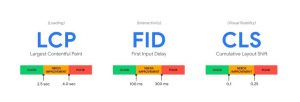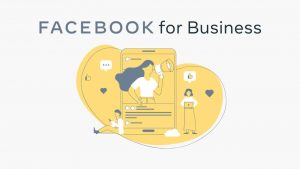In the past few years, the integration of artificial intelligence in the human resources space has improved HR practices by helping teams analyze, predict and diagnose issues and inform better decision making. AI has had the strongest influence in hiring and recruiting efforts: In fact, 96% of senior HR professionals believe AI has the potential to greatly enhance talent acquisition and retention in the coming years.
Interviewing and hiring processes are challenging enough on a good day. With the interruption of the pandemic, companies are adjusting their recruiting, interviewing and hiring strategies to fit the circumstances. Additionally, hiring managers are looking to make their workforce more diverse and inclusive. Therefore, companies are turning to AI technology to help resolve these challenges.
As many HR teams rely on technology to get them through this difficult time, it is important to be aware of potential issues. HR teams are using AI to help source and discover candidates. With AI-enabled chatbots, it is becoming easier to collect initial information from candidates, which has the potential to eliminate mundane tasks and help decrease the chances of a developed bias. However, there has recently been a lot of discussions surrounding the idea that, in time, AI bots develop a bias towards predominantly white and male candidates. In this article, we will discuss whether or not AI has developed a true bias and what employers can do to contradict the bias moving forward.
Why some AI recruiting tools are developing a bias
For the tech industry, in particular, there is no skirting the fact that it is a young industry. Recent studies show that age bias is rampant in the tech industry. In fact, the studies showed that biases affect entrepreneurs as young at 36 years old. In addition, other biases such as gender, name and affinity can have a direct impact on recruiting and hiring.
This recently became a serious issue for Amazon. The company introduced AI into its recruiting and hiring efforts; however, in 2018, Amazon’s machine-learning specialists discovered a major issue with their recruiting engine. The recruiting algorithms Amazon had put in place were trained to vet applicants by observing patterns in resumes and comparing them to previously received applications. For so long the tech industry had been male-dominated and therefore, the algorithm was only pulling male applicants for consideration.
While there have been multiple studies investigating AI in recruiting, there is still a lot of work to be done. The idea of an employer using an AI recruiting tool would seem like it could help reduce the possibility of unconscious biases. However, many people believe it still isn’t advanced enough. In addition, relying solely on a computer to evaluate candidates can be difficult as computer programs lack human emotion and basic reasoning skills and cannot explain their own decisions.
How looking at skillsets can help a company eliminate bias
As AI has grown in popularity over the years, companies like CareerBuilder and Indeed have added AI to their process to provide their customers with more qualified candidates. With AI, CareerBuilder is able to reduce the time to hire by up to 30% by bringing together job postings, advanced candidate search, email campaigns, market data on supply and demand and quality analytics. Indeed is using AI to create a better match between job seekers and employers by applying algorithms to candidates’ skillsets and making predictions that select only the most relevant jobs. This helps employers weed out candidates that may not be a good fit and provide job seekers with jobs that best fit their needs.
When sourcing or screening candidates, people can intentionally or unintentionally bring experiences from their past or assumptions to the process. With AI, employers instead can focus solely on a candidate’s skill set, which can help eliminate the possibility of unconscious bias. In addition to helping source candidates, AI can be used to highlight exactly where unconscious biases exist, analyze the data and help employers actively address it.
It’s no secret AI isn’t going anywhere anytime soon and will only continue to adapt. While AI can be helpful in eliminating common human errors, it shouldn’t be used as the only solution. AI can provide tremendous benefits in helping HR departments find and source candidates. When it comes to the interview process, however, it is important for humans to still be involved.
Business & Finance Articles on Business 2 Community
(60)




